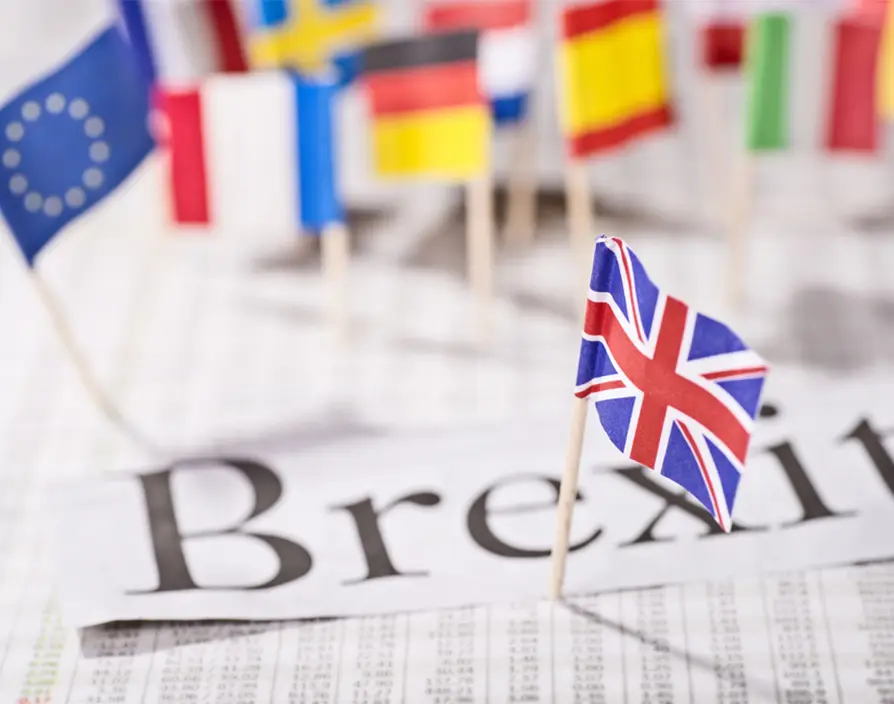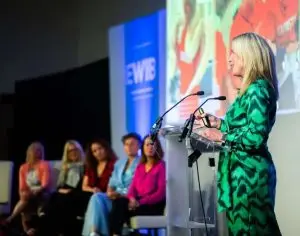A good friend of mine embarked on his entrepreneurial journey in late 2015 – at a similar time to me. We met on the NatWest Accelerator in Birmingham and hit it off immediately. Recently, we found ourselves tucking into a decidedly mediocre steak, while sharing a bottle of red wine at a hotel in Scotch Corner.
Talk soon turned to our life’s journeys and specifically business. We quickly agreed that entrepreneurship was significantly harder than we first imagined. It was at this point, my friend made a rather astute observation.
Reflecting on the last seven years, during which time we were both navigating the high seas of commerce, we came up with a list of seven distractions that can easily be described as obstacles to business.
1: Brexit vote;
2: Three UK prime ministers;
3: Once in a lifetime global pandemic;
4: Economic chaos;
5: The effects of Brexit;
6: War in Ukraine;
7: Cost of living crisis.
Most of these tasty morsels of chaos would probably be termed as a ‘black swan’ event on their own. Yet we both agreed that despite facing these huge issues, we were still here.
It’s now the summer of 2023 and the media is full of doom and gloom. This time it is mortgage rates, with the nation’s finest economists claiming the UK is economically ‘screwed’. There is little point beating around the bush, as the Macro outlook for the country is horrendous.
Whatever your politics, anyone who thinks Brexit has worked economically for the UK should be banned from holding any form of responsibility. Sadly, there are many so-called ‘respected commentators’ who refuse to accept that the current business disaster was created by the B-word.
On top of this, we have chronic levels of long-term sickness, sky high levels of debt and our public service infrastructure is falling apart. And the people in charge, assisted by certain media outlets, seem to think the general public are so stupid that we will just believe their message, time and time again.
While all this is true and depressing, our job as entrepreneurs is to cut through the chaos and charter the correct course. But, to achieve this, we must peel back the attention-grabbing headlines and look within. Recently, I deconstructed a series of headlines regarding mortgage rates and what I found may surprise you.
What if I told you that in January 2022, the Government’s Office for National Statistics (ONS) released household data relating to the UK. This confirmed that 36% of houses were owned outright. A further 17% of households were social housing. That’s a whopping 53% of householders that will either feel zero impact from the mortgage crisis, or relatively little.
Even more extraordinary, prior to 2013, over 50% owned with a mortgage, rather than owned outright. This trend has now reversed: In the UK, there are more households that are 100% owned than there are households paying a mortgage.
The data shows a swing in the mix: In 2016, around 50% of consumers were on a variable rate, while 20% had five-year fixed rates. Seven years later, it is 20% variable, with 50% having a five-year fix. This would suggest a decent number of households face the prospect of riding the storm out entirely. Well, certainly for now.
What does this mean? In my view, this is clear evidence of a divided society. Half of households are potentially going to have a rough time. The other half are unlikely to suffer the doom and gloom that is currently a picture being painted by the media on a daily basis – notwithstanding the wider economic conditions that accompanies these times.
Just over a third of households in the UK are likely to carry on as normal: Spending and investing as if nothing has happened. Those households are likely to be older in age and statistically have fewer people who are economically dependent upon them. This, in turn, means they are more likely to splash the cash.
This does not mean the cries of impending peril are incorrect. But like so much of our world, I fear we have lost the art of nuance and understanding. The problem is: You can’t digest all of this data in a 140-character message, or via a 15-second TitTok post.
It’s similar to a good meal, which requires time to enjoy and digest. As for my friend and I, the steak was certainly tougher to consume than we’d hoped for. But at least the chin wag went down well!
Theo Millward is the franchisor of Swimtime and Dog First Aid, as well as founder and chief executive of FranScape.


































